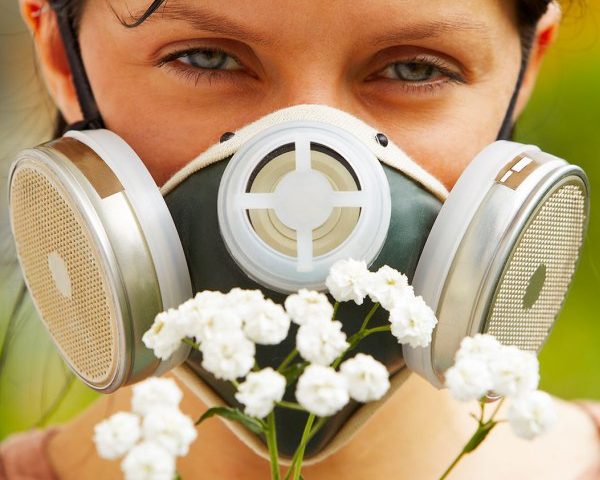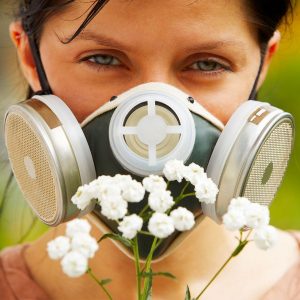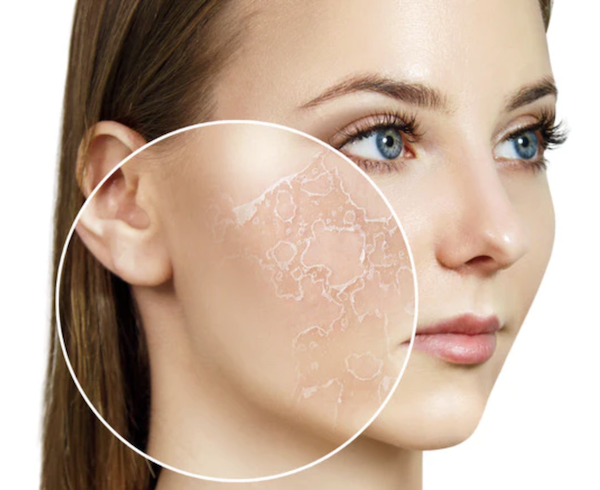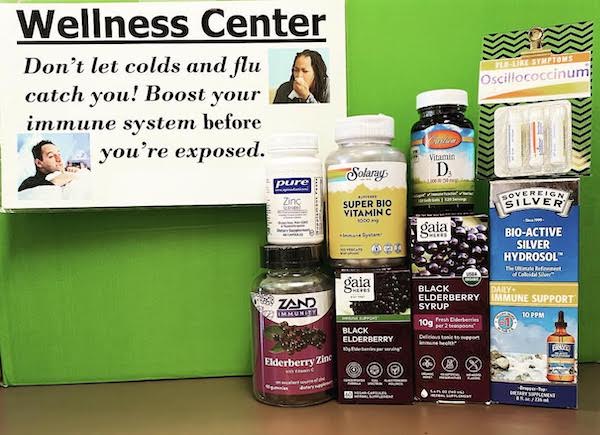Don’t let allergies get you down
Sad to say, we are well into allergy season. We’re seeing lots of itchy eyes and stuffy noses. Little wonder the Cherokee called this area “The Valley of the Aching Head.” The good news is there are several ways to alleviate your symptoms.
Herbalist, Midwife and Medical Doctor Aviva Romm has posted many of her recommendations on line. She likes both nettles and butterbur for their ability to stabilize mast cells and inhibit them from releasing histamine. She sites one study where butterbur was found as effective in relieving allergic rhinitis as Zyrtec. Quercetin is another mast cell stabilizer Dr. Romm recommends, citing a dose of 500 mg. daily.
Other recommendations are N-Acetylcysteine (NAC) because it is anti-inflammatory and thins mucus, and probiotics because medical reviews show that when taken regularly probiotics can reduce nasal allergy symptoms. Last, Dr. Romm recommends using a neti pot to irrigate nasal passages, which clears mucus and soothes mucous membranes.
Dr. Kara Fitzgerald, a leading naturopath and functional medicine practitioner, takes a more in-depth approach to seasonal allergies. First she recommends people lower their allergic exposure by installing HEPA filters in the home, showering before bed to remove pollen from face and hair, and washing bed linens more frequently.
Since seasonal allergies involve inflammation, Dr. Fitzgerald recommends lowering your intake of inflammatory foods as much as possible (sugar, dairy, gluten or other trigger foods), while increasing anti-inflammatory foods (wild caught salmon, flaxseed or chia seed for their omega-3 content). She also recommends foods high in quercetin such as apples, broccoli, citrus, fennel and red onion.
Last, since seasonal allergies are histamine driven, you might consider avoiding foods high in histamine. They include: wine, champagne, beer, fermented foods, cured meats, dried fruits, most citrus fruits, aged cheese, spinach and smoked fish.
To learn more: Dr. Romm, Dr. Fitzgerald I, Dr. Fitzgerald II, Histamine Intolerance.





